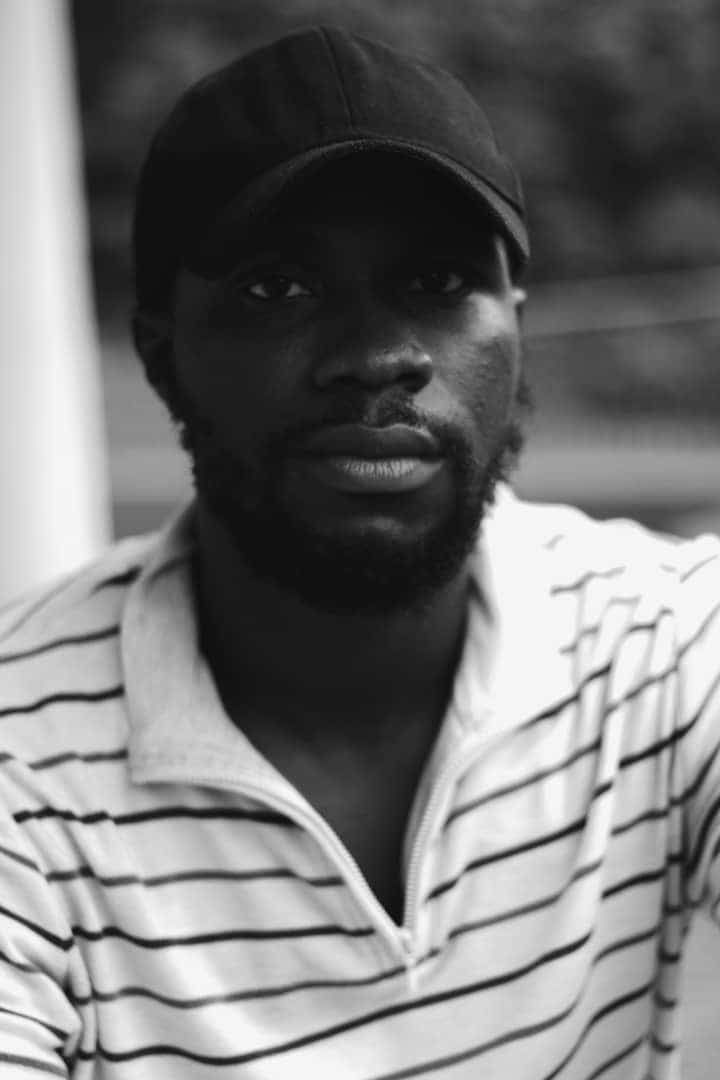When Robert Bridges compiled posthumously in 1889 the extant works of poet and beloved friend, Gerard Manley Hopkins, he emphasised that the world was now ready to read Hopkins. Underneath those mere words, Bridges’ conviction showed two things: that there was a famine, a drought as well as regurgitation and copycatism in the literary style and taste of the Victorian era, and that there, with him, were innovative poems, markedly different, which will cause a paradigm shift, effect chaos, and disrupt the norm. These poems would also make the world drool. After the poems were published, Hopkins became a forbear, sort of, for the likes of T.S. Eliot and Ezra Pound who predominantly penned in free verse and championed novelty in poesy. Hopkins had, with his original sound-symbolic poems berthed outside the rigid style of Victorian verse, ushered in a massive dot in the ever-spreading ink of literary ingenuity.
Throughout the history of humankind, there have been disruptions, in the varying facets that can be ascribed to it, breeding, bleeding, and breathing newness out of stagnancy. A defining occurrence, tragic or otherwise, ruptures something within us, breaks the comfortable status quo of our previous state, and then exposes our senses to things we hitherto thought of as unseemly to our own personalities. This disruption is what we find in the many accepted entries of our 34th issue.
While compiling works from different parts of the world, the magazine had, in previous issues, synthesised literary works through the parallel consciousness of a theme. That is, the different works selected have, in the final pruning stage, shown, either by divine design or coincidence —more likely divine design — similar thrust in the heart of the pieces across genres. This issue is no different. From different parts of Africa, emerging writers have plucked from the ripe tree of disruption; same fruit giving different tastes to the different consciousness of their subjects. With the chatoyant nature of literary perspectives, these writers have drummed up works that will speak for them, speak for the topics they have raised, speak for the steaming newness of African writing, in its chaos and clusterness, that is ejaculating flourishingly during these times. It is clear that budding writers have become unmoored by tradition, charting a new course with their individual voices by riding on the powerful waves that is currently sweeping through literature in Africa.
So, you ask: what is being disrupted? Lifestyle, choices, beliefs, and more. Here, we see creatives who are breaking away, showing disconnect from the status quo. In truth, disruption assumes a colourful stance as these writers try to tell their different stories. Reeling from the anxiety and apprehension, and also the general bedlam, caused by the pandemic, Carl Terver isolates himself within a memoir as he projects his fears in “A Flâneury with Myself.” The narrator’s normal way of life, like most people during the height of the disease, has been altered, modified, and he must find new ways to adjust, cope, live, and begin again. Darlington Chibueze Anuonye’s voice in “Dear Nnamdi: A Personal Editorial” is that of an agent who must shed personal ties with a client while assessing the possibility of publishing his book. While trying to keep the camaraderie going, the agent must disconnect, as it were, through an objective outlook on the manuscript. Enit’ayanfe Ayosojumi Akinsanya’s short story, The Banishment, scours the stiffness of tradition by looking at the quondam taboo topic of homosexuality while repositioning and giving it credence. Here, we find a writing that joins the train of other queer literature that refuses to hide, but split every boulder, creating a crevice and shining forth. Divine Inyang Titus’ short story, Facelessness is a microcosm of the pandemic within the Nigerian locality where alienation is twofold: physical and psychological. The psychological is another viewpoint through which Jeremiah Christopher’s poem, “A Plague of Silence” explores disconnect between the theory of a thing and the practice of it. For him, a quiet person can always break, shapeshift or remain changeless based on their personal experience. Silence is of itself nebulous and amenable depending on context. “Finding the Thing in a Name” by Chisom Charles Nnanna explores the dialectical tension of bursting out of what is to what can be. In a powerful flow of reasonable statements, it seeks to know more, to interrupt accepted protocol, and forge a new way of understanding.
In these pieces and others you’ll find in this issue, disruption is merely a theme among themes, and a common thread that holds every work together. To disrupt is to recreate, reimagine and reinvent. We hope as you read, you allow your mind travel around the possibilities of each work, let them breathe their individuality; to savour each in piecemeal delight; and to pass on and share the experience to other readers willing to partake in this sweet vichyssoise of literature.
Chidiebube onye Okohia,
Poetry Editor
July 2021

